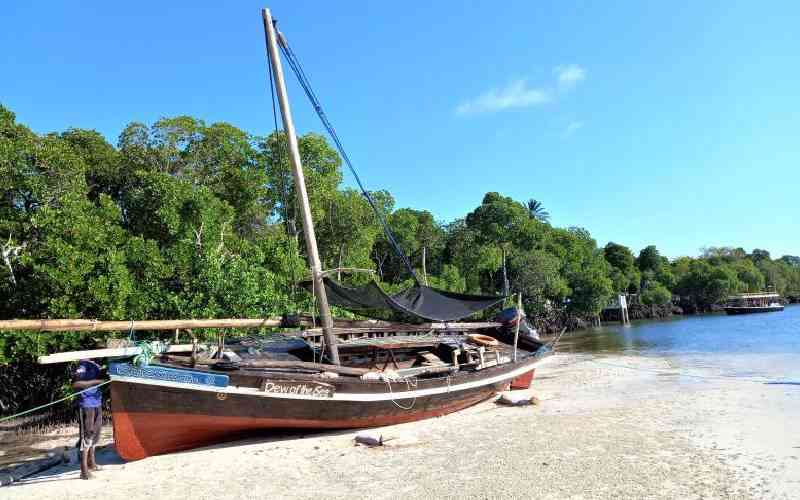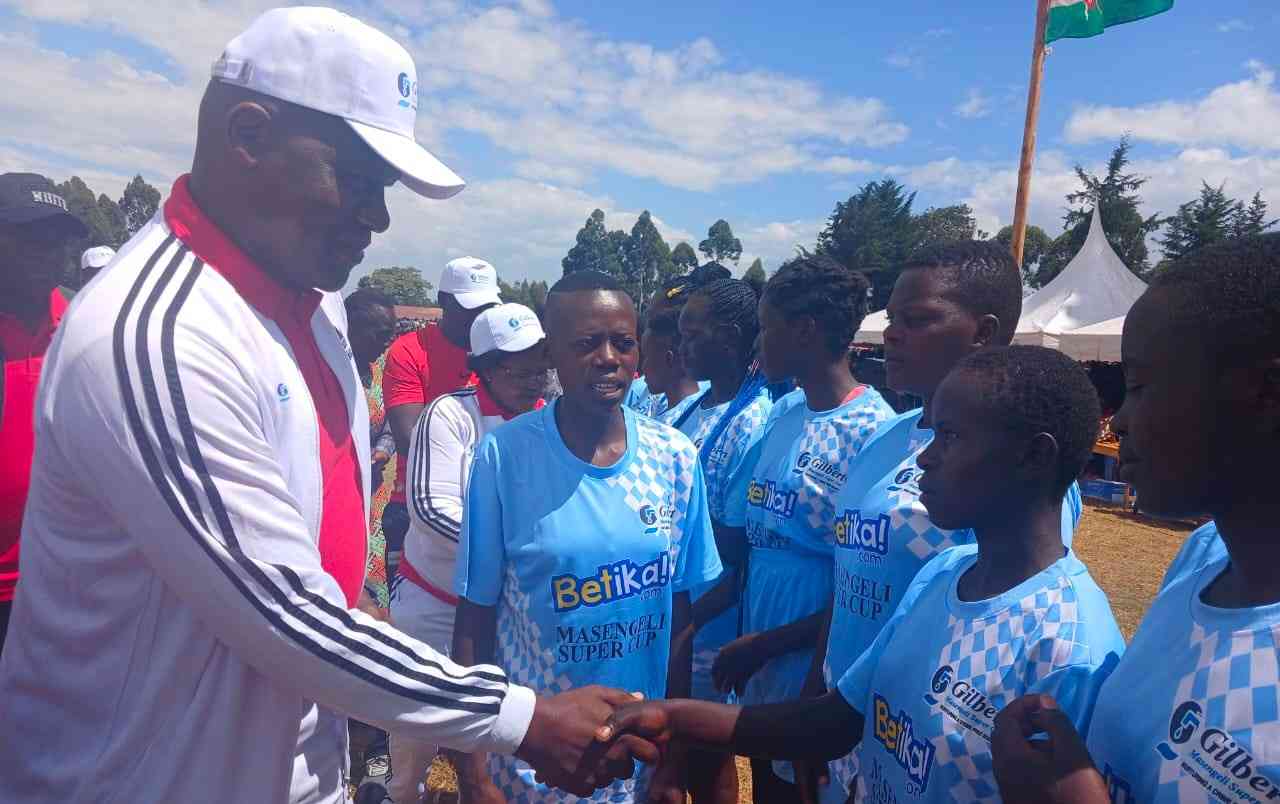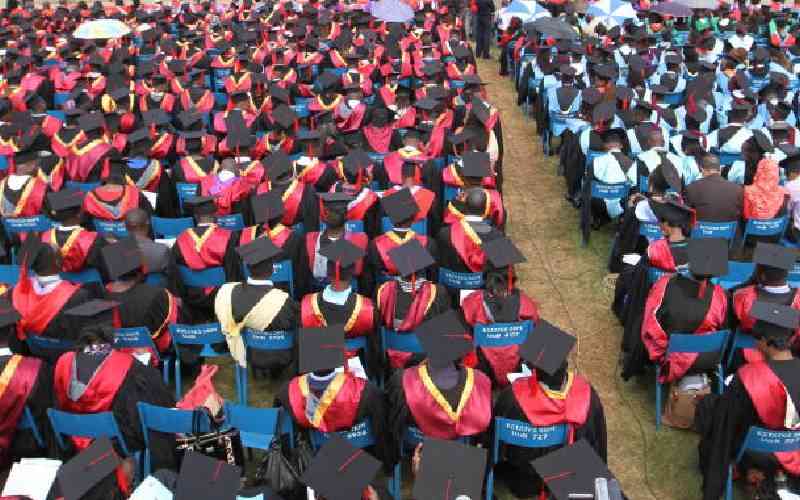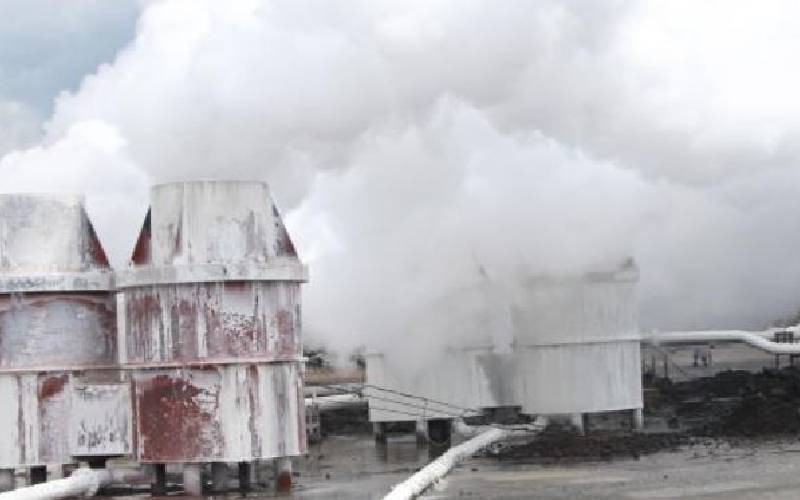
Folks, Happy New Year!
I have a tan from my sojourns on the Coast, where I might be returning soon to hunt for a ka-buroti because I enjoyed my time there.
It could have been because of the wonderful company I kept, even though, truth be told, it felt like we didn’t live under the same roof.
Even the youngest man of the family had a holiday programme of his own, operating out of a nearby pond and only surfacing when he needed a breather or food, before returning underneath.
I spent my days on the sands, because the beaches were so deserted, I was afraid the so-called “ghosts” that dominate Coastal narratives would appear at day-time, rather than their preferred nighttime forays.
Even the beach “boys” that hassle visitors with their trinkets and sandals and what-have-you have now turned to selling trips to some famous island for snorkeling and a visit to the marine park.
I did not fall for such ruse; I was more drawn to a boat-ride on the Congo River (no one knew why it was named so), and there was a standoff when our guide, Khamisi, turned up without the life jackets.
The thing is, the only volume of water I can indulge in a play is what doesn’t surpass a karai, I wasn’t going to row down the river without the right gear. The river is very shallow, Khamisi pleaded, you can even wade through.
I did not budge. I had paid for the contraptions and I needed my family properly propped.
Finally, five jackets, not seven, were provided. That was better than nothing, I reasoned, and it gave me an excuse to harangue Khamisi if anything went wrong. I rowed without a jacket.
Nothing went wrong. The excursion proved a lot calmer and enjoyable; the boat “Captain,” a lanky, bespectacled man proved very informed about the mangrove that are considered endangered—the tree species have gender, apparently. The males grow ramrod straight and germinate from cuttings, while females reproduce from seed and grow unwieldy.
Then there were the caves where locals hibernate to offer their sacrifice to the sea spirits, or to call for special favours, from wealth to babies, Khamisi pointed.
We reached a bend in the river and a massive orange ball loomed majestically, before slipping and sliding smoothly behind the mangrove.
After a few moments, it was gone. For a moment, this felt like an anti-climax as we rowed back to base. It seemed pointless to go to great lengths just to watch the sun sink in the horizon.
Upon deeper introspection, it dawned on me that the journey was the destination. That was the precise reason we had journeyed so far, on planes and trains, to hibernate in a villa in Diani because life hustles had kept us apart, and tots that I recalled holding in my arms years ago had morphed into fine young men with afros and beards and booming voices.
Still, one of the bearded lads forgot his toothbrush—I suggested he probably didn’t need one because he could only brush periodically, which means they still got some mothering and fathering to do.
The highlight of our Diani visit was a hangout called Casamia, and I’m not tooting their horn because I received a starter and a dessert on the house—but because they lived up to their name.
Casamia, I was educated, means “my home” in Italian. We certainly felt at home, so we ate there more than we did at the villa where we made a home, temporarily, before I secure a ka-buroti and build a home.
 The Standard Group Plc is a multi-media organization with investments in media
platforms spanning newspaper print operations, television, radio broadcasting,
digital and online services. The Standard Group is recognized as a leading
multi-media house in Kenya with a key influence in matters of national and
international interest.
The Standard Group Plc is a multi-media organization with investments in media
platforms spanning newspaper print operations, television, radio broadcasting,
digital and online services. The Standard Group is recognized as a leading
multi-media house in Kenya with a key influence in matters of national and
international interest.
 The Standard Group Plc is a multi-media organization with investments in media
platforms spanning newspaper print operations, television, radio broadcasting,
digital and online services. The Standard Group is recognized as a leading
multi-media house in Kenya with a key influence in matters of national and
international interest.
The Standard Group Plc is a multi-media organization with investments in media
platforms spanning newspaper print operations, television, radio broadcasting,
digital and online services. The Standard Group is recognized as a leading
multi-media house in Kenya with a key influence in matters of national and
international interest.











